Choosing the right senior living option can feel overwhelming, especially when you’re unsure if assisted living is the right fit. Understanding eligibility requirements is key to making an informed decision. Assisted living is ideal for individuals who need help with daily tasks, like bathing, dressing, or medication management, but still want to maintain their independence. It offers personalized care services while preserving dignity and autonomy.
What is Assisted Living?
Assisted living is a residential care option designed for seniors who need some help with daily activities but don’t require the intensive medical care provided in nursing homes. These communities offer private or semi-private apartments along with access to personal care services, meals, housekeeping, and social activities.
What Are The Key Benefits Of Assisted Living?
- Independence with support: Residents maintain their own living spaces while receiving assistance when needed. 24/7 staff availability ensures help is always accessible, whether for medication reminders, mobility assistance, or emergencies.
- Social engagement: Assisted living communities foster connections through organized activities, dining programs, and shared common areas. This social aspect often improves overall well-being and mental health.
- Customized care plans: Services are tailored to each resident’s specific needs, allowing care levels to adjust as requirements change over time.
Eligibility Criteria for Assisted Living
Several factors determine whether someone is a good candidate for assisted living. Most communities conduct comprehensive assessments to ensure they can meet prospective residents’ needs.
Health Needs
Candidates should have stable medical conditions that don’t require constant nursing supervision. Common qualifying health situations include diabetes management, medication administration, and chronic conditions like arthritis or heart disease that are well-controlled.
Mobility & Physical Limitations
Assisted living suits individuals who may struggle with tasks like bathing, dressing, or grooming, but can still move around with minimal assistance. Many residents use mobility aids such as walkers or wheelchairs while maintaining some level of independence.
Cognitive Abilities
While mild cognitive impairment or early-stage dementia may be manageable in assisted living, residents should generally be able to make basic decisions about their care and follow safety protocols. Those with advanced dementia typically require specialized memory care services.
Safety Concerns
If living alone poses safety risks due to falls, medication errors, or difficulty managing household tasks, then assisted living can provide some additional oversight while preserving independence.
Who Typically Qualifies?
Understanding common characteristics of assisted living residents helps families recognize when this option might be appropriate.
Age Considerations
Most residents are 65 years or older, though some younger adults with disabilities may also qualify. Age alone doesn’t determine eligibility, but it often correlates with the types of support services needed.
Medical Conditions
Common conditions among assisted living residents include arthritis, diabetes, high blood pressure, mild cognitive impairment, and recovery from surgeries or hospitalizations. The key factor is that these conditions are manageable without intensive medical intervention.
Independence Level
Ideal candidates can perform some daily activities independently while needing assistance with others. This might include being able to eat meals but requiring help with medication management or personal hygiene.
Social Needs
Many residents benefit from the community atmosphere assisted living provides, especially those who have become isolated or whose family members live far away.
What Does the Assessment Process Look Like?

Most assisted living communities use a structured evaluation process to determine if they can meet a prospective resident’s needs.
Health & Medical Review
The assessment typically includes reviewing medical history, current medications, and physician recommendations. Some communities will require recent medical evaluations from the applicant’s doctor.
Mobility & Daily Living Assessment
Staff members evaluate the person’s ability to perform activities of daily living, including bathing, dressing, eating, and moving around safely. This helps determine what level of assistance will be needed.
Physical therapists or nurses may conduct mobility assessments to identify fall risks and determine appropriate safety measures or equipment needs.
Alternative Senior Living Options for Those Who Don’t Qualify
If assisted living isn’t the right fit, several other options provide different levels of care and support.
- Memory Care: Specialized memory care units serve individuals with Alzheimer’s disease or other forms of dementia who need more structured environments and specialized programming than traditional assisted living provides.
- Skilled Nursing Facilities: For those requiring intensive medical care, skilled nursing facilities offer 24/7 nursing supervision and can manage complex medical conditions, wound care, and rehabilitation services.
- In-Home Care: Some families opt for in-home care services, which allow seniors to remain in their own homes while receiving personal care assistance, meal preparation, and companionship.
Making the Right Choice for Your Family
Determining assisted living eligibility involves careful consideration of current needs and future care requirements. The transition to assisted living should feel like a natural progression toward a lifestyle you’ve earned and deserve.
When daily tasks become challenging, assisted living at The Westmont at Short Pump provides the right level of support while preserving your autonomy. Enjoy a welcoming, pet-friendly community with 24/7 available care, chef-prepared meals, and enriching programs that make every day fulfilling. Contact us today to learn how we can help provide you with the opportunity to live the life you deserve.













